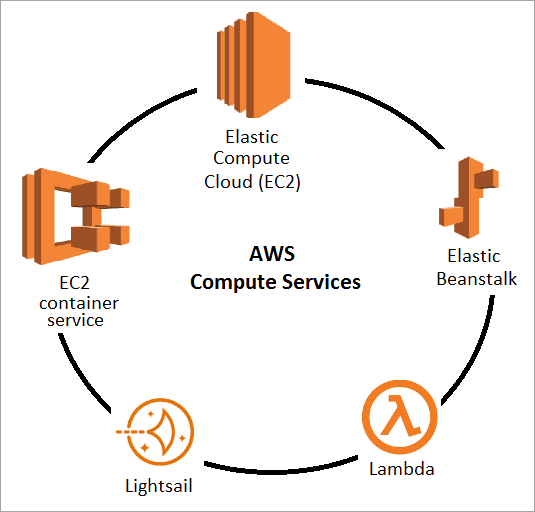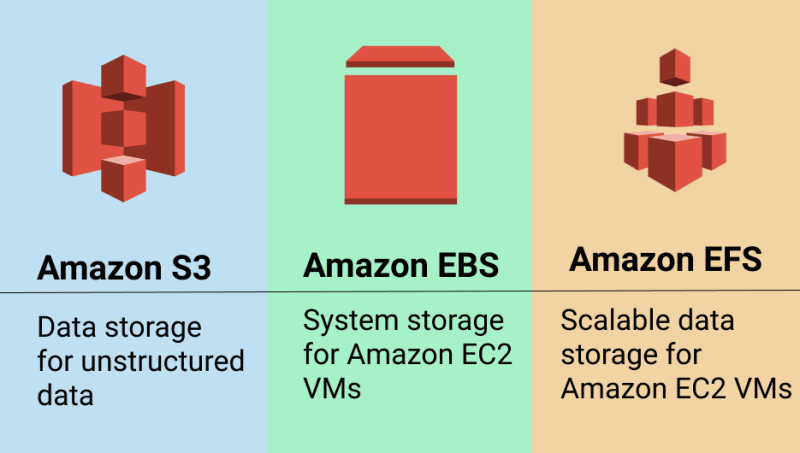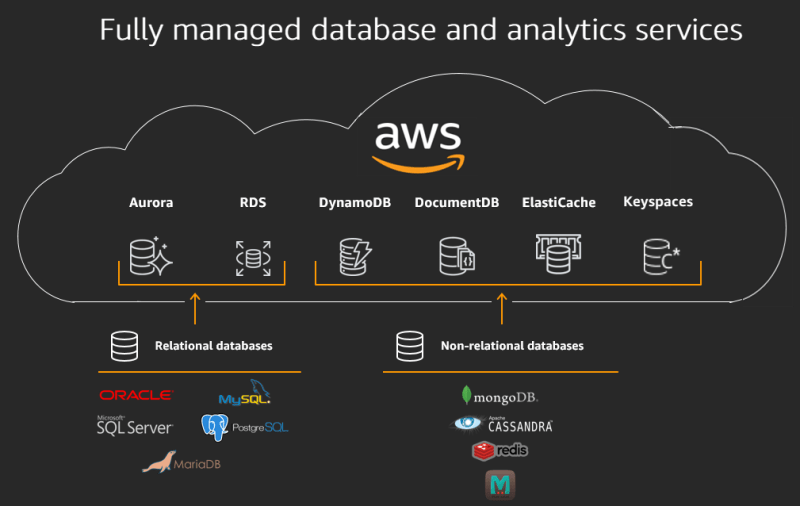AWS Cloud Fundamentals

Ivy Jeptoo
Posted on July 13, 2023

Cloud Computing is the delivery of computing services (servers, storage, database, networking, software etc) over the internet using pay-as-you-go pricing. With this you can access technology services depending with your needs on cloud providers like Amazon Web Service, Google Cloud Platform, Microsoft Azure etc.
Advantages of Cloud Computing
Cost Effectiveness - you pay for the resources that you use this helps avoiding overbuilding and over provisioning.
Security - Top notch security is provided through Virtual private cloud, encryption and API keys which help keep data secure
Scalability - You can easily scale resources and storage up to meet your business demands without investing in physical infrastructure, one can also scale down if resources aren't being used.
Flexibility - It allows users to select the operating systems, language, database, and other services as per their requirements.
you can read more on the advantages here
Table of Content
Compute
Database
Security
Networking
Messaging
Management Services
Conclusion
Overview of AWS Cloud Fundamentals
- AWS provides several services which include: Compute, Storage, Security, Networking, Messaging, management services etc. Many more services are provided but we'll discuss the above.
Compute
Amazon EC2 - provides secure, resizable capacity in the cloud based on the user requirements. It can shrink or expand resources in accordance to the load.
Amazon Elastic Beanstalk - scales and deploys web applications made in programming languages like java, python, ruby. It deals with capacity provisioning, load balancing and auto scaling.
Amazon LightSail - It enables Virtual Private Server(VPS) to be launched and managed with ease. It automatically deploys and manages the computer, storage, and networking capabilities required to run your applications.
EKS (Elastic Container Service for Kubernetes) - The tool allows you to Kubernetes on Amazon cloud environment without installation.
AWS Lambda - This AWS service allows you to run functions in the cloud. The tool is a big cost saver for you as you to pay only when your functions execute.
More on compute services
Storage
AWS S3 (Simple Storage Service) - an object storage that can store and retrieve data from anywhere: websites, mobile apps, IoT sensors, and so on. It is durable, provides comprehensive security, and flexibility in managing data.
Amazon Glacier - is used for archiving data and long-term backup. The glacier is used for data archiving and long term backup.
Amazon EBS(Elastic Book Store) - provides block storage volumes for instances of Amazon EC2. EBS is a reliable storage volume that can be attached to any running instance that is in the same availability zone. I wrote an article on EBS
Amazon Elastic File System - provides elastic file storage, which can be used with AWS Cloud Services and resources that are on-premises. It is easy to use and offers a simple interface that allows you to create and configure file systems quickly and easily.
More on storage
Database
-
Amazon RDS(Relational Database Service) - Helps in administration and management of database It frees managing the hardware and enables us to focus on the application.
- DynamoDB - is a fully managed, serverless, key-value NoSQL database designed to run high-performance applications at any scale. DynamoDB offers built-in security, continuous backups, automated multi-Region replication, in-memory caching, and data import and export tools.
Amazon Redshift - users to analyze their data using SQL. It is a fast, fully managed data warehouse. It also allows users to run complex analytical queries against structured data using sophisticated query optimizations.
More on database
Security
Identity and access management (IAM) - allows one to configure who can access AWS account. It controls access to resources by authenticating and authorizing users, apps and services.
Web Access Control List - monitors HTTPs requests for AWS resources
AWS Firewall Manager - Firewall is a network security mechanism that monitors and controls incoming and outgoing traffic while the firewall manager allows configuration and management of firewall rules access accounts.
AWS Shield - provides continuous DDoS(Distributed Denial of Service) attack detection and automatic mitigations. This safeguards applications running on AWS.
More on security
Networking
Elastic Load Balancing - automatically diverts traffic to multiple targets, balances load between servers and also provide redundancy and performance.
Autoscaling - automatially adjust resource usage to ensure steady performance at the lowest cost while EC2 autoscaling monitors EC2 instance and automatically adjusts by adding or removing EC2 instance based on conditions you define.
Route 53 - is a cloud domain name system that has servers distributed around the globe, it routes end users to internet application.
More on networking
Messaging
SNS (Simple Notification Service) - allows sending of notification to users on your application(large subscribers) through various protocols like email, SMS, and HTTP/S.
SQS (Simple Queue Service) - allows you to integrate queuing functionality in the application. It can be Standard of FIFO(First In First Out).
Queuing is a data structure that holds requests(messages). Processing data using FIFO improves scalability, performance, user experience.
More on messaging
Management Services
AWS CloudWatch - monitors and manages AWS resources and application by collecting data in form of logo, metric and events
AWS CloudFormation - models infrastructure text files template allowing provisioning of AWS resources based on the written scripts. Infrastructure as code allows description and provision of all infrastructure resources in cloud environment
Conclusion
- Cloud fundamentals are essential to grasp the basics of cloud computing, a transformative technology for data storage, access, and processing. Understanding cloud fundamentals is crucial for leveraging scalability, flexibility, cost-efficiency, and collaboration benefits. It enables informed decision-making, selection of service models, and consideration of security and privacy. Additionally, it facilitates cloud-native application development, big data utilization, and effective disaster recovery planning. Mastering cloud fundamentals is vital for competitiveness in the digital landscape.

Posted on July 13, 2023
Join Our Newsletter. No Spam, Only the good stuff.
Sign up to receive the latest update from our blog.


